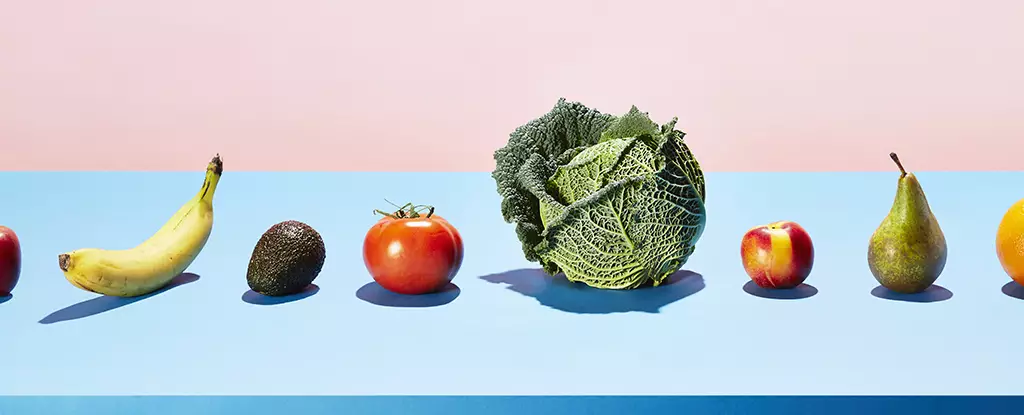In recent years, the link between nutrition and mental health has gained significant attention, and a groundbreaking study reinforces this connection, suggesting that increasing the intake of fruits and vegetables may lower the risk of depression over time. This research, conducted among twins across several countries including the United States, Australia, Denmark, and Sweden, offers compelling evidence that diet plays a crucial role in mental well-being. The uniqueness of twin studies offers insights that may not be as clear in other types of research, as genetic similarities allow for a more controlled examination of environmental influences.
Twin studies serve as an invaluable tool for scientists investigating health outcomes, particularly in areas influenced by lifestyle factors. Because twins share a significant amount of their genetic makeup, researchers can better isolate the effects of external factors, such as diet and living conditions, on mental health. Dr. Karen Mather, a geneticist from the University of New South Wales (UNSW), emphasizes the advantage of this design in controlling for variables that might confound other studies, such as socioeconomic background.
The study in question evaluated survey data from 3,483 individuals aged 45 and older, with follow-ups extending up to 11 years. By focusing on individuals within the same family environment, researchers could more accurately assess the relationship between fruit and vegetable consumption and depressive symptoms. Their findings revealed a noteworthy correlation, albeit modest, between higher fruit and vegetable intake and reduced depressive symptoms.
The results of the study showed that those who consumed a higher number of fruits and vegetables experienced fewer depressive symptoms compared to those with minimal intake. Specifically, participants averaging around two servings each of fruits and vegetables daily exhibited a marked difference in mood compared to those who consumed significantly less—averaging just 0.3 and 0.5 servings, respectively. Interestingly, when comparing moderate levels of intake to low levels, the effects of vegetable consumption on depression were muted, and there was no significant difference regarding fruit intake.
Despite these positive indications, it is critical to point out that the majority of participants fell short of the World Health Organization’s recommendation of at least five servings of fruits and vegetables a day. Nutrition scientist Annabel Matison highlights this shortfall, particularly among participants from Scandinavian countries, raising questions about the potential for even greater improvements in mood if dietary intake were to reach recommended levels.
While the study highlights an association between diet and depression, it stops short of establishing a cause-and-effect relationship. The lack of detailed data regarding other lifestyle factors, particularly physical activity, limits the extent to which conclusions can be drawn. Nonetheless, the large sample size and twin methodology lend credibility to the research, supporting the notion that there is indeed a protective relationship between increased fruit and vegetable consumption and mental health.
These findings resonate with previous studies that have traced correlations between dietary habits, depression, and gut health, which is often negatively affected by the consumption of processed foods. Additionally, as depressive disorders frequently manifest in adults between 55 and 75 years of age, this research could offer a straightforward strategy for enhancing mental health among an at-risk age group.
The implications of this research extend beyond individual choices and suggest a potential public health strategy aimed at increasing fruit and vegetable consumption among older adults. Given the ease of implementing dietary changes compared to other interventions, the promotion of healthier eating habits might represent a valuable approach for combatting depression in this demographic. Annabel Matison summarizes the findings by reinforcing the argument that increased dietary intake of fruits and vegetables should be advocated for all adults aged 45 and older.
This study not only adds to the existing body of evidence surrounding nutrition and mental health but also underscores the importance of understanding the effects of dietary choices on well-being. As we continue to explore the intersections of health and lifestyle, it becomes ever clearer that fruits and vegetables might be more than just dietary staples—they could be vital components in the pursuit of mental health.


Leave a Reply